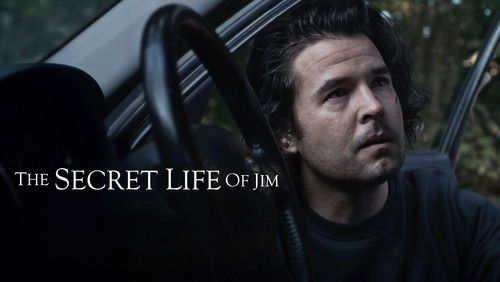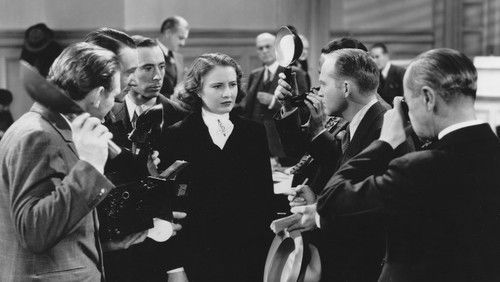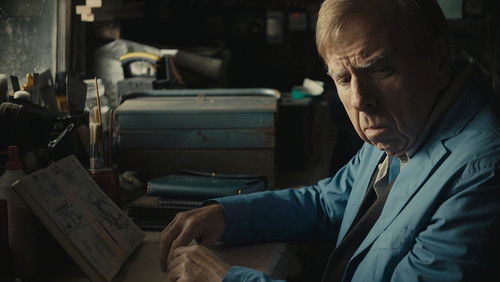The Dumb Girl of Portici (1916)
55KThe Dumb Girl of Portici: Directed by Phillips Smalley, Lois Weber. With Anna Pavlova, Rupert Julian, Laura Oakley, William Wolbert. Fenella, a poor Italian girl, falls in love with a Spanish nobleman, but their affair triggers a revolution and national catastrophe.
“In 1916 Lois Weber and Phillips Smalley were the go-to pair at Universal for serious tracts and interesting experimental cinema. So when Paramount did a silent movie of Carmen with opera star Geraldine Farrar and it worked beautifully, Weber and Smalley counterpunched with a silent version of MASANIELLO with great ballet dancer Pavlova — a much more natural-sounding bit of casting for a silent movie. Then they shot it in a far more naturalistic fashion than Weber and Smalley usually used — despite Pavlova wandering around the beach in toe shoes — and did enormous and expensive set decorating.u003cbr/u003eu003cbr/u003eUnhappily, while it probably worked very well at the time — at least to the extent of letting audiences see the prima ballerina of the Russian ballet and in making it clear that real artists of the real arts would do movies — this movie has not aged well. The melodramatic plot was typical of grand opera of the period, but modern tastes in stories are less grandiose and Miss Pavlova, while she moves beautifully, is clearly a stage actress and does not know how to tone down her performance for the screen. I also find the sumptuousness of the set decoration distracting.u003cbr/u003eu003cbr/u003eThere is much for a fan of silent movies of the 1910s to take pleasure in: the mobility of the camera, the advanced editing of the piece all serve the film in a manner that was striking in the period. However, given that almost a century has passed, much has changed to render this movie plebeian and odd. Even the word u0026quot;Dumbu0026quot; in the title longer means u0026quot;muteu0026quot; to the modern speaker of English, but u0026quot;stupidu0026quot;. I fear the casual modern viewer will think this movie dumb in both senses of the word.”









